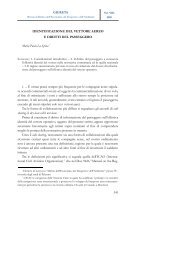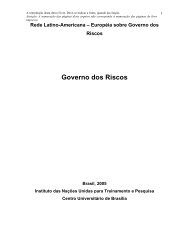Rome II and Tort Conflicts: A Missed Opportunity Abstract Contents
Rome II and Tort Conflicts: A Missed Opportunity Abstract Contents
Rome II and Tort Conflicts: A Missed Opportunity Abstract Contents
You also want an ePaper? Increase the reach of your titles
YUMPU automatically turns print PDFs into web optimized ePapers that Google loves.
SYMEON C. SYMEONIDES ROME <strong>II</strong> AND TORT CONFLICTS<br />
document reveals that this rule is subject to many more exceptions than are readily<br />
apparent. They can be divided into general exceptions, namely those that apply to all<br />
cases, <strong>and</strong> specific exceptions that apply to particular torts. The general exceptions<br />
include the following:<br />
(1) The application of the law of the parties’ common habitual residence,<br />
under Article 4(2);<br />
(2) The application of the law of a state that has a “manifestly closer connection,”<br />
under the escape clause of Article 4(3);<br />
(3) The application of the m<strong>and</strong>atory rules of the forum state, under Article 16;<br />
(4) The “taking into account” (<strong>and</strong> possible application) of the “safety <strong>and</strong><br />
conduct” rules of the state of conduct, under Article 17;<br />
(5) The application of the law chosen by the parties before or after the<br />
occurrence of the tort, under Article 14;<br />
(6) The non-application of the lex loci (or any other law) when it is manifestly<br />
incompatible with the ordre public of the forum, under Article 26.<br />
The specific exceptions include the following:<br />
(7) In product liability cases, the application of the law of the common<br />
domicile of the tortfeasor <strong>and</strong> the victim, the domicile of the victim, the state<br />
of the product’s acquisition, or the state of the “manifestly closer connection,”<br />
under Article 5;<br />
(8) The application of the law of the forum in certain cases involving<br />
restrictions to competition under Article 6(3)(b);<br />
(9) The application of the law of the state of conduct at the victim’s behest in<br />
environmental torts, under Article 7; <strong>and</strong><br />
(10) The possible application of the law of the victim’s habitual residence for<br />
quantifying recoverable damages in traffic accident cases, under recital 33.<br />
Because of space limitations, this essay discuses only some of the<br />
exceptions. 103<br />
B. The Common Habitual-Residence Rule<br />
The first “official” exception to the lex loci rule is found in paragraph 2 of<br />
Article 4, which provides that, if at the time of the injury, the tortfeasor <strong>and</strong> the victim<br />
have their habitual residence in the same country (hereafter “common domicile”), then<br />
103. Additional exceptions can be found in arts. 10-12 in cases of unjust enrichment, negotiorum<br />
gestio, <strong>and</strong> culpa in contrahendo, which are not discussed here.<br />
56 AMERICAN JOURNAL OF COMPARATIVE LAW (2008) PAGE 21 OF 46



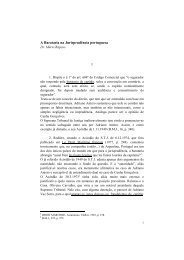
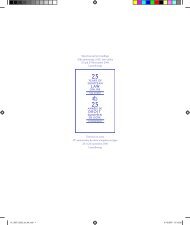
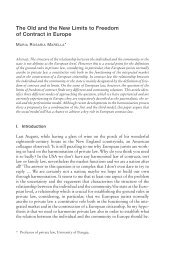

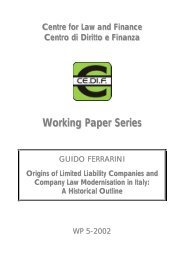
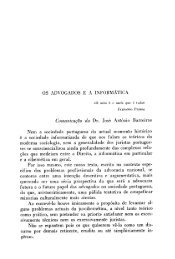
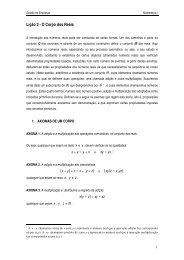
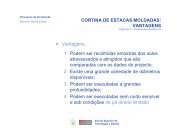
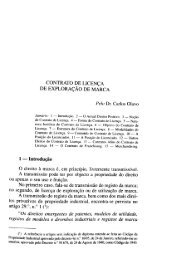
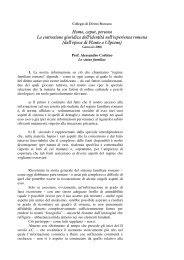
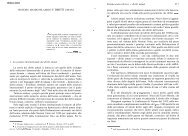

![Luigi Sapio Nozione di islām La parola “islām” [ ] è il mas.dar1 ...](https://img.yumpu.com/15836073/1/185x260/luigi-sapio-nozione-di-islam-la-parola-islam-e-il-masdar1-.jpg?quality=85)
